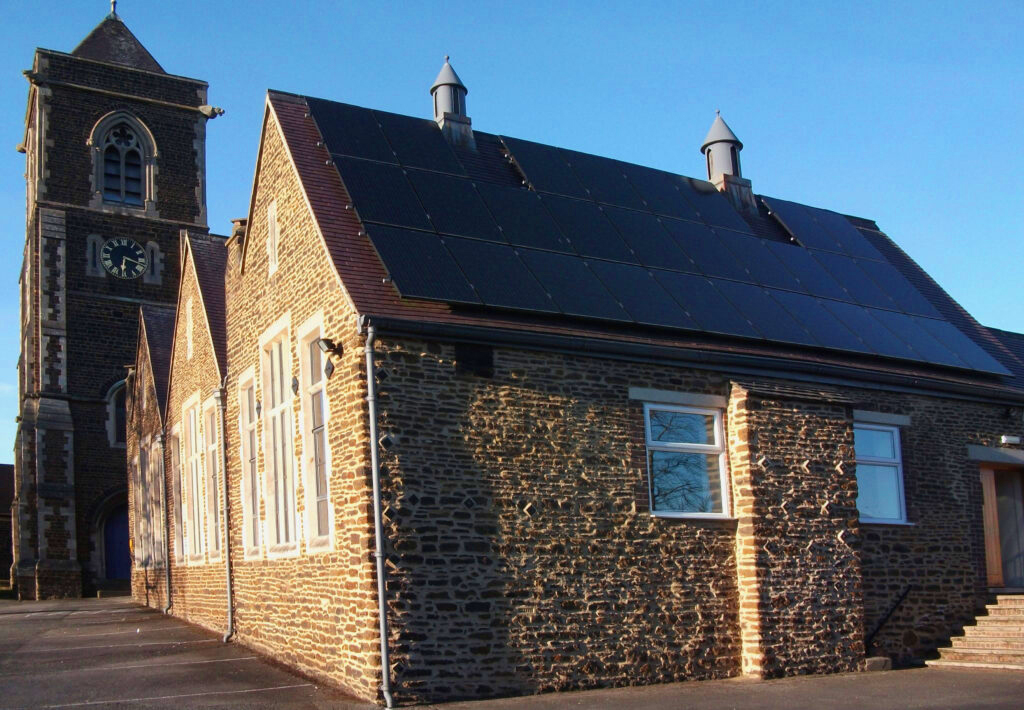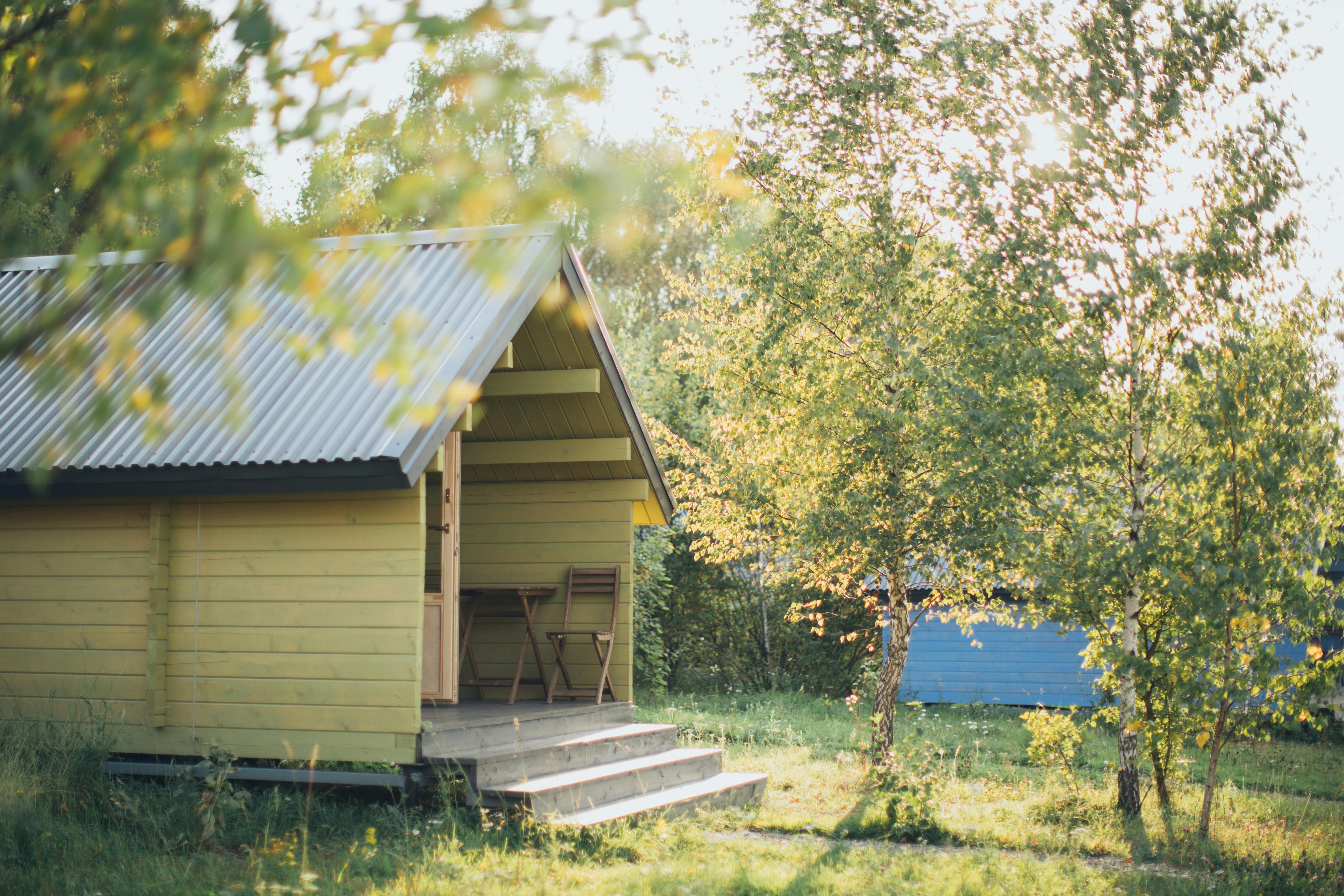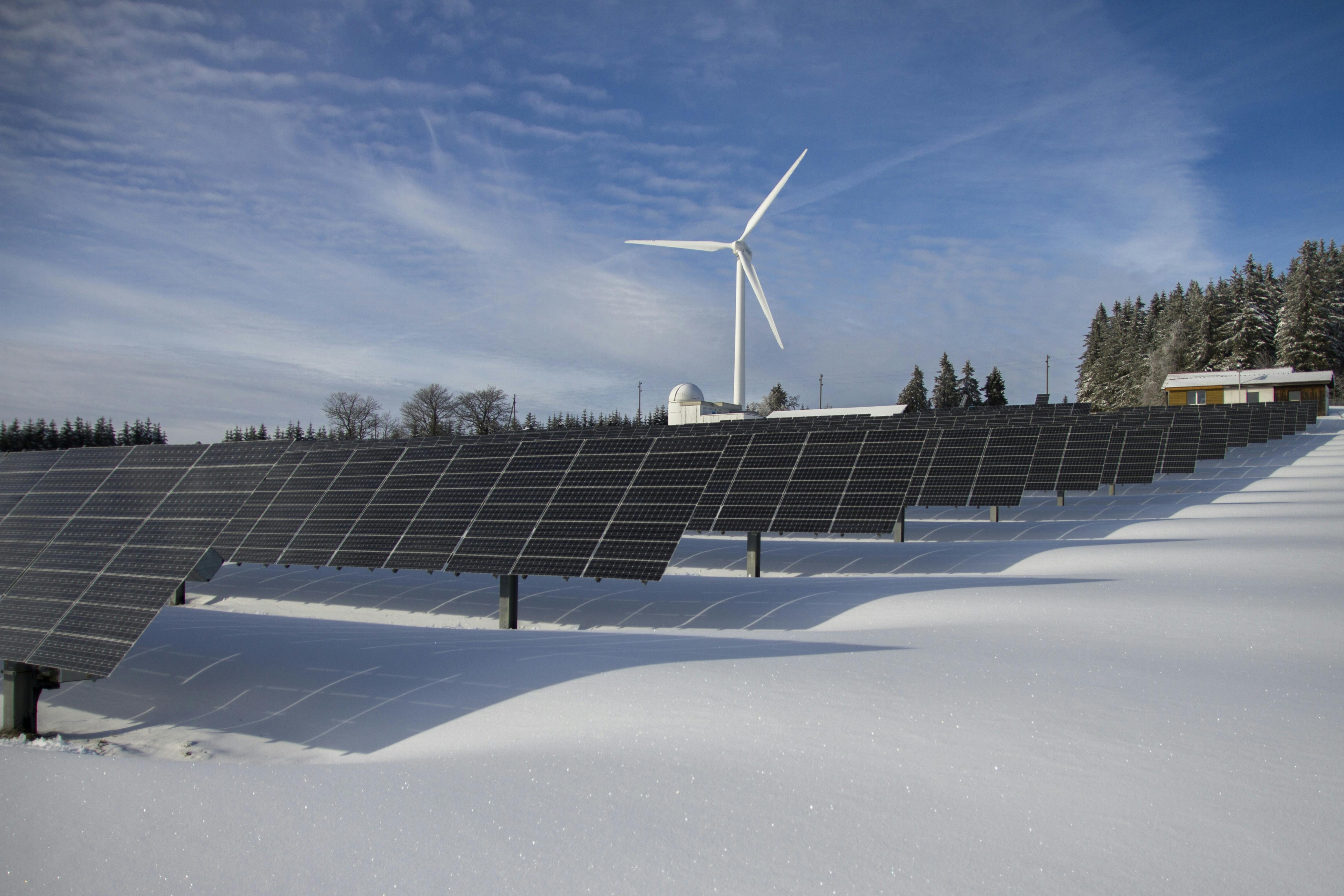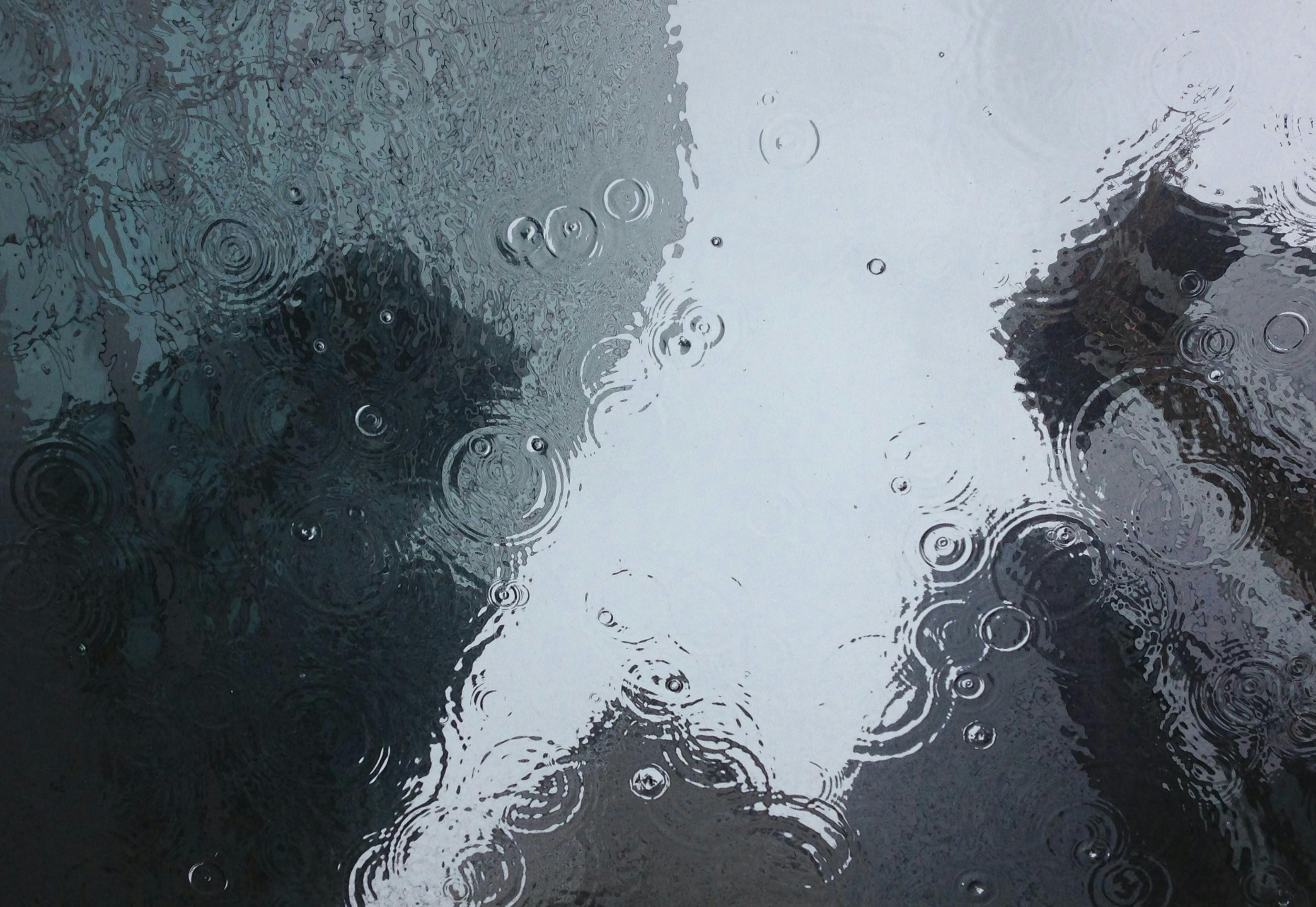Pros and Cons of DIY Solar Panel Installation
Understand both the benefits and downsides of attempting a DIY solar installation
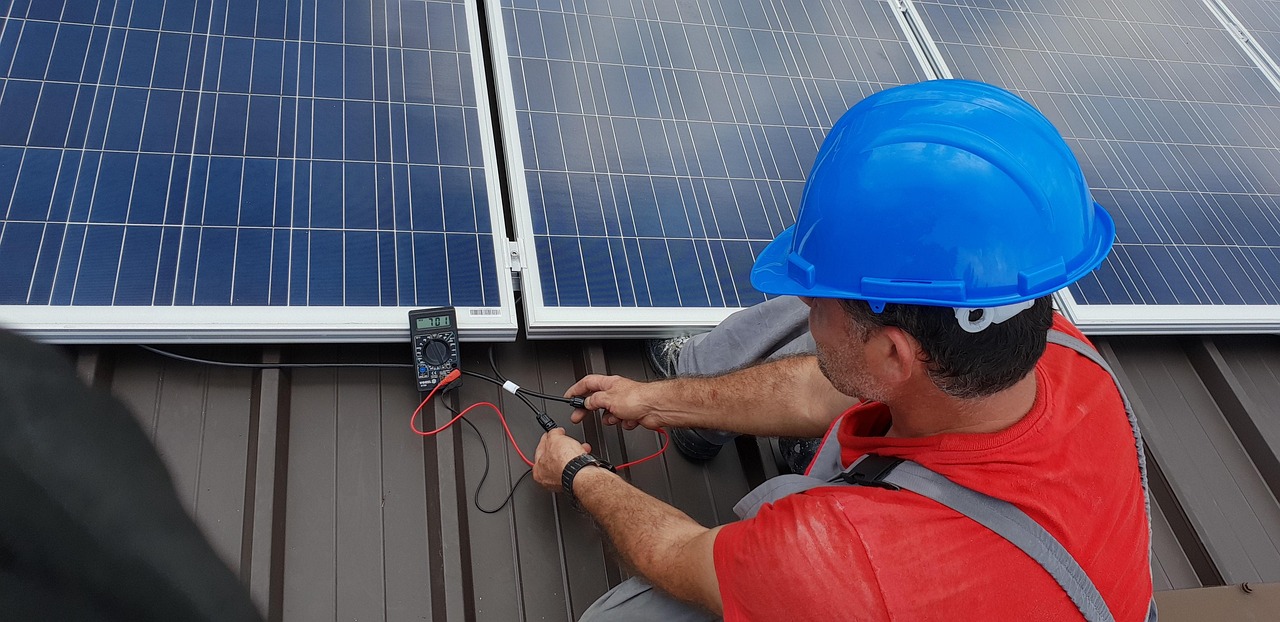
With the UK energy costs continuing to rise, solar panels have become an increasingly attractive investment for British homeowners. While DIY solar panel installation might seem like a cost-effective option, it's crucial to understand both the benefits and challenges before deciding whether to tackle such a complex project yourself.
Key Takeaways:
Pros of DIY Solar Installation
1. Upfront Cost Savings
The primary attraction of DIY solar installation is the potential to reduce initial costs. Professional solar installations in the UK typically range from £6,000 to £12,000 for a standard 4kW residential system, with installation costs accounting for approximately 15-25% of the total price. By eliminating labour costs, you could save between £1,500 to £3,000.
2. Timeline Control
DIY installation allows you to work at your own pace without waiting for installer availability. During peak seasons, professional installers may have waiting lists of several weeks, whereas DIY projects can begin immediately upon receiving equipment.
You may also have more flexibility when choosing your equipment, as you’ll be able to order each piece of kit that you desire without being limited by what an installer offers. (At MakeMyHouseGreen, we let you mix and match your solar package with items from different brands, but not all installers do!)
Cons of DIY Solar Installation
1. MCS Certification Requirements
To qualify for government incentives like the Smart Export Guarantee (SEG) and to meet most energy supplier requirements, solar installations must be MCS certified. This certification is only available if MCS-accredited installers complete the work, meaning DIY installations typically cannot access these financial benefits.
This is important because SEG payments allow homeowners to get paid for excess energy exported to the grid. Losing eligibility for these payments can impact your system's long-term financial returns.
2. Safety Risks and Insurance Implications
Working on roofs presents serious safety risks, with falls being a leading cause of DIY injuries. Professional installers have comprehensive insurance, safety training, and specialised equipment to mitigate these risks.
In addition, UK insurance companies often view DIY electrical work unfavourably. Many home insurance policies specifically exclude damage caused by non-certified electrical installations, potentially leaving you liable for thousands of pounds in damages if something goes wrong.
3. Technical Complexity and Grid Connection Requirements
Modern solar installations involve sophisticated electrical systems, including inverters, optimisers, and grid connection equipment. In the UK, any grid-connected system must also submit a G98/G99 application or notification to the local Distribution Network Operator (DNO). The DNO ensures that your local grid can handle the extra power your panels will produce and that your installation meets safety standards.
Professional installers understand these technical requirements and can ensure your system operates efficiently and safely. DIY mistakes can result in reduced energy production, equipment damage, or failure to pass electrical safety inspections.
4. Warranty and Guarantee Concerns
Most reputable solar panel manufacturers require professional installation to maintain warranty coverage. DIY installations often void equipment warranties and lack any guarantee for installation quality, leaving you responsible for all future repairs and replacements.
Additionally, professional installers typically provide workmanship guarantees. At MakeMyHouseGreen, we offer a 2-year workmanship guarantee, plus hardware warranties that last for 10-25 years.
Why Professional Installation is the Better Choice
Expertise and Certification
MCS-certified installers undergo rigorous training and regular assessments to stay current with evolving regulations and best practices. Their expertise ensures your installation meets all legal requirements and performs at its best.
Quality Assurance
Certified installers provide guarantees on both workmanship and system performance. If issues arise, you have recourse and professional support to resolve them quickly.
Safety and Compliance
Professional installers carry public liability insurance and ensure all work complies with UK regulations, giving you peace of mind.
Making the Right Choice for Your Home
Solar panel installation is a significant investment in your home's future. While we understand that the prospect of saving money with a DIY install, UK regulations, safety requirements, and technical challenges make professional installation a smarter choice for most homeowners.
Certified professional installers bring expertise, guarantee compliance with all regulations, ensure eligibility for financial incentives, and provide comprehensive warranties and ongoing support. These benefits typically outweigh the modest upfront savings of DIY installation.
If you're looking for an MCS-certified, expert installer, MakeMyHouseGreen can help. We'll handle all the work before, during, and after your install, from designing a custom system for your home and completing a site survey to providing ongoing support after the panels go up on your roof. To learn more, get your solar estimate or chat with our team to see your solar ideas come to life!
Ready to see what you can save?
Our solar calculator is 100% free to use. Enter your postcode below to get started.

Based on 400+ Trustpilot reviews

